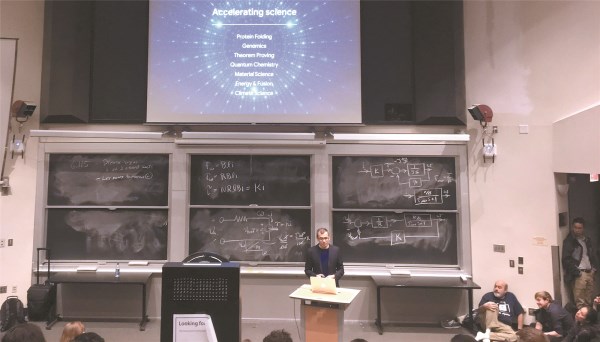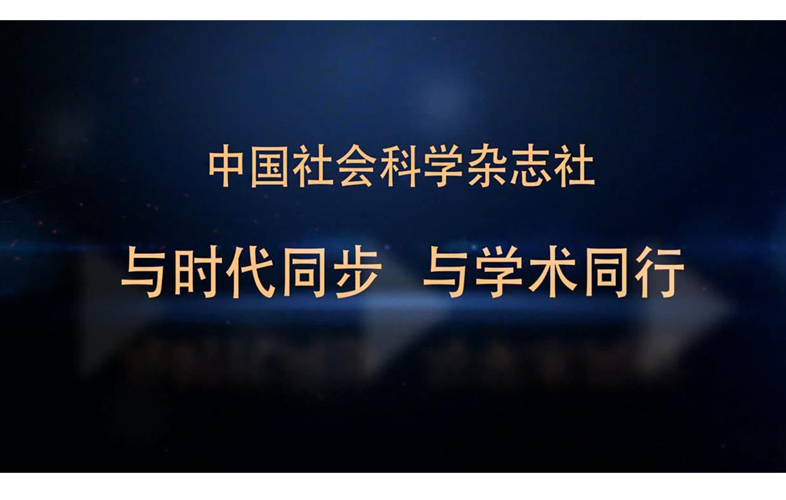Zhu Xufeng a and Zhao Hui b
a School of Public Policy and Management, Tsinghua University
b School of Management, Capital Normal University
Abstract:Universal access to China’s social welfare system involves a process of diffusion from localities to the whole country on the basis of social policy innovations in which intergovernmental relations play a key role as a facilitator. The rapid establishment of the urban subsistence allowance system in more than 200 cities throughout the country in seven years (1993-1999) serves as a case for our empirical analysis of the diffusion mechanism of social policy innovations at different levels of government. Our findings show, firstly, that in adopting a new social policy, city governments have to respond to the social desire of local citizens while keeping fiscal constraints in mind; at the same time, they are affected by administrative orders from higher-level governments and the vertical fiscal relations between governments at different levels, and are also subject to competitive pressures from other cities at the same level. Secondly, city governments’ policy innovations offer an opportunity for higher levels of government to learn from their experience. Thirdly, central government orders exert both a direct and indirect influence upon city governments, with provincial orders acting as intermediaries. And lastly, there is a clear difference in the time lag effect of orders from the central government and those at provincial level upon city governments’ policy adoption.
Keywords: policy diffusion, intergovernmental relations, social policy, urban subsistence allowance



